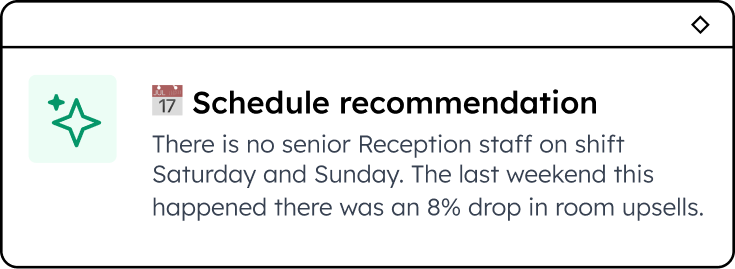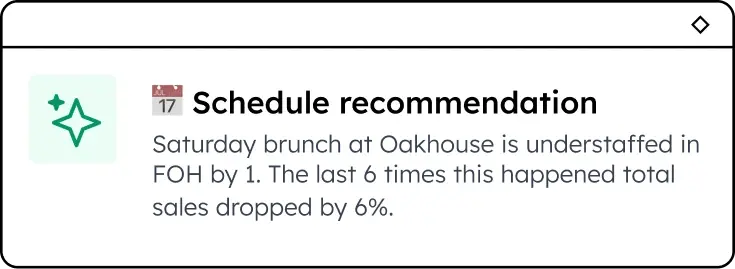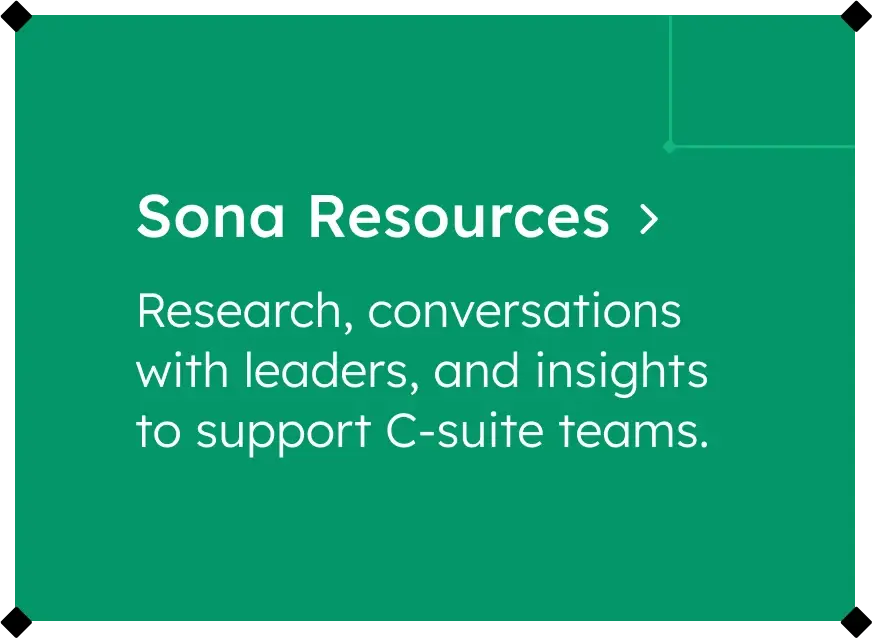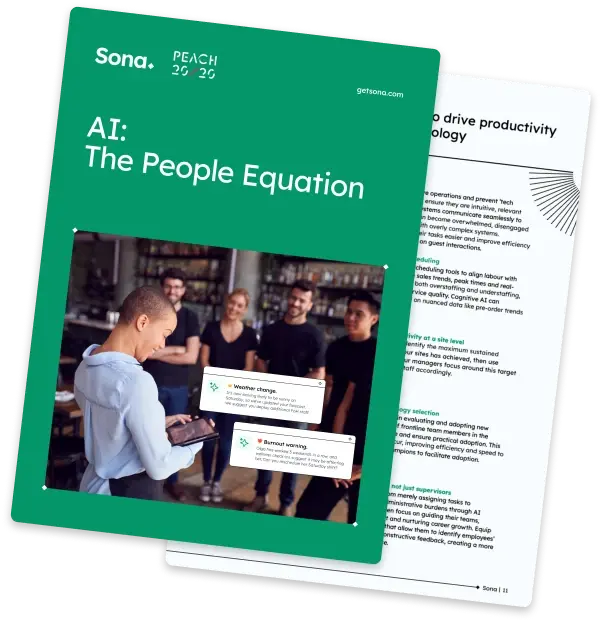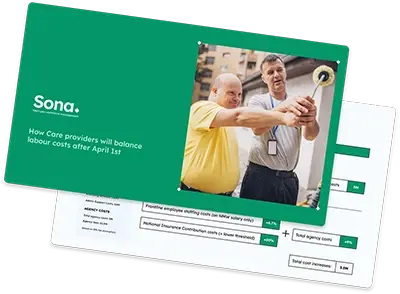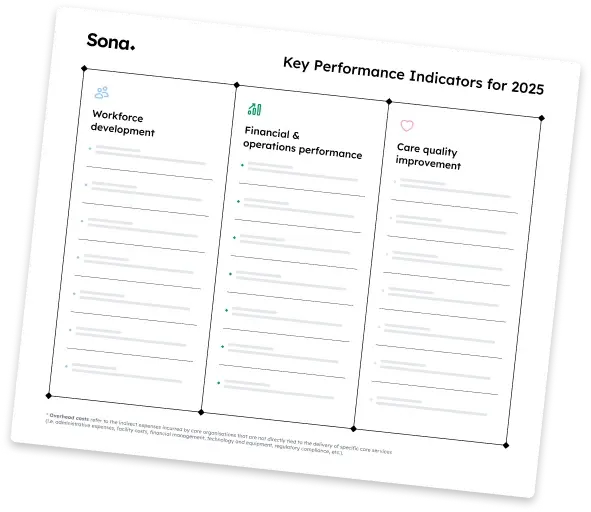Live & Digital events
Our regular online and in-person events tackle some of the biggest people challenges with the help of some of the sector's leading trailblazers.
From purchase to roll-out: How to prevent implementation pitfalls
25 January 2024 | 12:00PM GMT

Louise Gibson
Change Project Manager
United Response

Ben Dixon
CTO
Sona

Molly Vester-Jagger
Head of Customer Success
Sona
12:00PM GMT
As 2024 starts, getting new initiatives off the ground and rolling-out digital solutions will be on everyone's mind.
Preparation is the key to success, so hearing the stories of those who've done this many times can help you avoid some of the common pitfalls.
Our experts will be covering the practical steps of project managing a successful implementation, taking you from the moment a new solution is purchased to its roll-out day. We will also reveal new exclusive materials meant to help you navigate the tech landscape in the new year.
See recording

Louise Gibson
Change Project Manager
United Response

Ben Dixon
CTO
Sona

Molly Vester-Jagger
Head of Customer Success
Sona
12:00PM GMT
Further information
This what you can expect from the free webinar:
- Going from purchase to implementation
Louise Gibson, a Project Manager and Change Consultant, will cover how to hand over from the purchasing team, where to start the implementation process, and the pitfalls to stay clear of. - The Social Care tech landscape
Ben Dixon, the Co-Founder and CTO of Sona, specialises in understanding which solutions can and should communicate, and advising providers on what is feasible product development-wise. - Designing a training process for Care staff
Staff buy-in is essential to the effective deployment of any solution, so Molly Vester-Jagger, Sona's Head of Customer Success, will be sharing the lessons she's learned helping Care teams gain confidence in their new software.
Recording now available
Key learnings
Building a collaborative implementation team
[0:00 - 4:00]
Ben Dixon, CTO at Sona, opened the webinar by discussing the critical role of collaboration when implementing digital systems. The key to a smooth transition lies in engaging all relevant stakeholders from the outset, including finance, HR, and frontline operations.
Louise Gibson, a Change Management expert who has worked with 1000+ employee organisations rolling out Care solutions, highlighted that involvement should start as early as the identification and purchasing phases. This ensures that everyone feels included and prepared for the changes ahead.
“Getting the right people in the right place is going to make it so much better for the implementation,” Louise emphasised.
She pointed out that involving stakeholders from various departments ensures that their unique perspectives and needs are considered. This collaborative approach facilitates smoother implementation and helps in identifying potential challenges early on.
For a detailed perspective of the tech interdependencies of teams and functions, visit the Social Care tech map here.
Proactively addressing change management fears
[10:00 - 16:00]
Fear of change is a significant obstacle in any digital transformation.
Louise highlighted several sources of this fear, including:
- disruption to workflows
- concerns about competency during the transition
- impact on staff roles and responsabilities
Managers, in particular, may worry about their ability to support their teams effectively without a full understanding of the new system.
To alleviate these fears, Louise recommended developing a comprehensive communication plan that reassures staff about the upcoming changes.
This plan should clearly outline the training and support available, helping to build confidence.
“The fear of change is totally understandable,” she says, noting that this often stems from a fear of the unknown and the potential impact on job security.
By clearly communicating the benefits of the new system and the support structures in place, organisations can help staff feel more secure and less anxious about the transition.
Utilising flexible and inclusive training approaches
[16:00 - 24:00]
Molly, Sona's Head of Customer Success, continued with the importance of offering training that is both flexible and inclusive, catering to the diverse learning styles of staff. She mentioned that Sona provides various training resources, including video tutorials, written guides, and in-person demonstrations, ensuring that all team members can engage with the new system in a way that suits them best.
“We’re always building on these resources,” Molly explained. She shared that Sona also adapts these materials to fit the branding and specific needs of each organisation, which helps in making the training more relatable and easier for staff to engage with.
Assessing the quality of implementation before signing off on a supplier
[23:00 - 28:00]
One of the most popular questions from the audience was around being able to tell in the sales process whether an integration would work well when implementation started.
“As part of an integration, you'll want to do a very detailed taxonomy of what data sits in each system and how it maps between those systems,” recommended Ben.
Then you'll want to ask:
“Who's going to own that integration? Is it going to be owned by one of the vendors? Is it something that you're owning in house, if you have technical team capability? Or is it something you're outsourcing to a third party integrations company? Who is owning the build of this integration?”
However, Ben also highlighted another question that is just as important:
“What doesn't necessarily get asked is who's going to own the maintenance of that integration? Generally, if they're vendors that follow best practices, they'll give notice of 6, 12, 18 months, 2 years, that changes are going to happen and these might come with an additional cost."
Ensuring continuity through comprehensive support
[24:00 - 32:00]
Beyond the initial implementation phase, ongoing support is essential to the long-term success of a digital system. Molly emphasised that support should extend well beyond the go-live date, with clear channels for feedback, regular updates, and ongoing communication to keep staff informed and engaged.
“Support doesn’t stop once you go live,” Molly noted, underlining the importance of continuous engagement.
She highlighted that at Sona, they prioritise gathering feedback from users even months after the system has been rolled out. This approach allows the team to address any emerging issues, provide additional training if necessary, and to continuously improve the system based on real-world usage.
Additionally, Molly mentioned the importance of having a well-defined mentorship structure within the organisation, ensuring that the team always knows where to turn for help.
Learning from peers
[31:00 - 40:00]
The conversation concluded with a focus on the importance of learning from peers who have already implemented similar systems.
"Engaging with other organisations, understanding their challenges, and adopting best practices can smooth out the implementation process," mentioned Louise.
“Speak to other organisations that have implemented the solution you’re hoping for,” she advised, adding that this approach can uncover insights that may not be immediately apparent during the planning stages.
Louise also suggested that organisations should look beyond their immediate network, reaching out to peers across the sector who have faced similar challenges. By learning from the successes and failures of others, they can better prepare for their own digital transformations, making informed decisions that are more likely to lead to success.
(The above dialogue has been softly edited and condensed for clarity.)
Bring out the best in your team with Sona
See how you can effortlessly streamline staff management across multiple locations with Sona.
Book a demo
